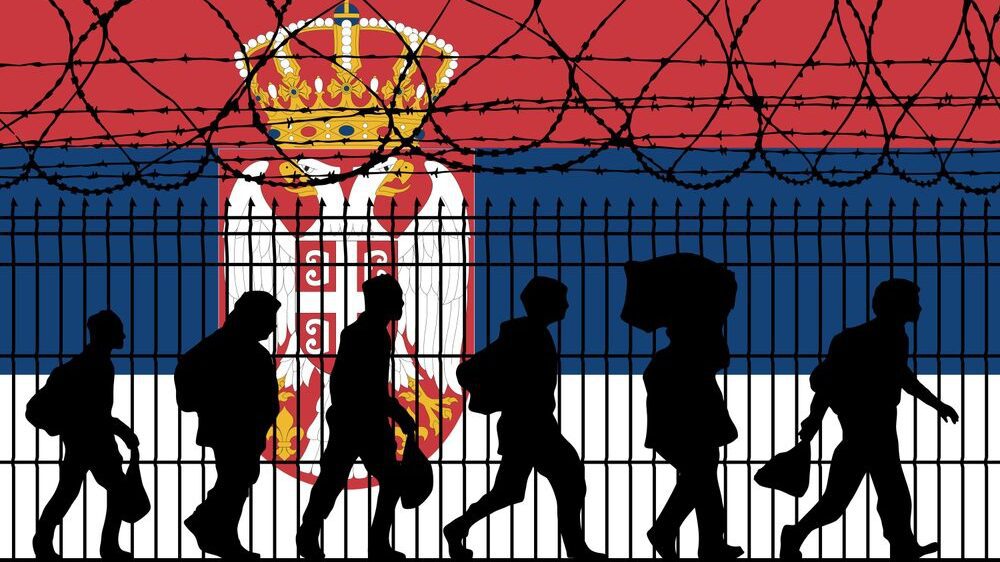
An intercontinental criminal network smuggled 5,000 Cuban citizens into Europe via Serbia, taking advantage of the lack of visa requirements to enter Serbia, according to a press release on Monday, July 24th, from Europol, the European Union’s law enforcement agency.
An investigation by Europol and Interpol was triggered in October 2021 after Serbian, Greek, North Macedonian, and Finnish authorities reported an increased number of Cuban citizens attempting to enter Europe with false documents.
EU agencies noted a shift in migration routes last year caused by the Russian invasion of Ukraine. Before the war, Cuban migrants flew commercially to Russia from Cuba, then crossed the Finnish-Russian border illegally, or flew to Serbia and continued their journey into the EU through the Western Balkan region. However, after the war started, people smugglers arranged for Cuban nationals to be flown into Serbia and then facilitated their entry into North Macedonia and Greece by land. Upon arriving in Greece, the migrants would either apply for asylum or use further transport to other EU countries organised by the criminals, such as flights to Spain or sea transport to Italy.
According to Europol, members of the migrant smuggling network used a messaging application to advertise their services to Cuban clients in vulnerable situations. For a payment of around €9,000, they would organise the trip and provide false documentation. In cooperation with international law enforcement agencies, police in Germany, Greece, North Macedonia, Spain, and Serbia have arrested 62 people, including 25 Cuban nationals in connection with the case.
Serbia—an EU candidate country since 2012—used to have visa-free arrangements with countries such as Burundi, Cuba, India, and Tunisia, allowing these countries’ citizens to travel to Serbia without a visa. Belgrade was, however, forced to shut these passages under pressure from the EU, which complained that many people travelling to Serbia later made their way illegally into EU countries. Indeed, the EU’s border guard agency, Frontex, underlined in its previous report that irregular border crossings on the Western Balkans route grew by 136% in 2022 compared to 2021. This is the highest number of crossings reported on this route since 2015. Frontex also noted that the number of nationals from Tunisia, India, and Burundi had visibly increased. In July 2022, people from India for the first time entered the top ten nationality groups seeking asylum, according to the EU’s asylum office.
Serbia’s actions have had an effect on migration; Austria in January 2023 reported a significant drop in the number of asylum seekers and illegal migrants intercepted at the border, whereas the year before, 18,000 asylum applications had been filed by Indian nationals in Austria.
Despite the insistence of EU institutions that Serbia change its policies to halt the rise of illegal migrants entering the EU, conservative forces in Europe see the migrant redistribution scheme as another ‘invitation’ to migrants. Under the scheme, adopted by the bloc’s home affairs ministers in June, member states must submit to a quota-based system for hosting refugees, or incur a financial penalty of €22,000 for each person rebuffed. Poland and Hungary voted against the quota system, while five other member states (the Czech Republic, Slovakia, Lithuania, Bulgaria, and Malta) abstained.
“The European Union rejects Christian heritage, it is managing population replacement through migration,” Viktor Orbán, Prime Minister of Hungary criticised the EU in a speech on Saturday.
